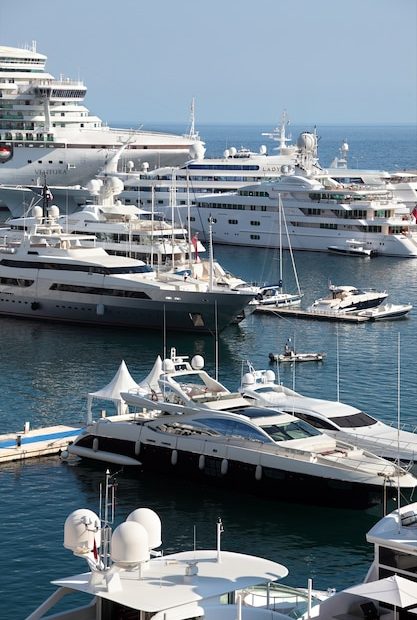Does maritime law apply to cruise ships?
Cruise ships have become increasingly popular in recent years, offering individuals the opportunity to embark on luxurious vacations while exploring various destinations. However, with the rise in popularity of these floating resorts comes the need to address the legal aspects that govern them. One common question that arises is whether maritime law applies to cruise ships. In short, the answer is yes, maritime law does indeed apply to cruise ships.
Understanding Maritime Law
Maritime law, also known as admiralty law, is a body of laws and regulations that governs all matters related to navigation and commerce on the seas. It encompasses various aspects, including international conventions, treaties, and national laws. Maritime law is designed to regulate maritime activities, ensure safety at sea, protect the environment, and establish guidelines for resolving disputes that occur on the high seas.
Given that cruise ships operate primarily on the open waters, they are subject to the jurisdiction of maritime law. This means that cruise ship owners, operators, and passengers must comply with the regulations set forth by maritime law.
Applicability of Maritime Law to Cruise Ships
While it is clear that maritime law applies to cruise ships, there are specific areas where its applicability becomes even more significant.
Cruise Ship Safety and Liability
One crucial aspect of maritime law that applies to cruise ships is the requirement for them to maintain a safe environment for passengers and crew members. Cruise ship operators have a duty of care towards their passengers, ensuring that the ship is properly maintained, and all safety measures are in place. Failure to meet these standards can result in liability claims if injuries or accidents occur onboard.
“Cruise ship operators have a duty of care towards their passengers, ensuring that the ship is properly maintained, and all safety measures are in place.”
Maritime law also outlines the liability of cruise ship operators in case of accidents or incidents at sea. This includes issues such as slip and fall accidents, medical negligence, assault, or even onboard outbreaks of illnesses. Passengers who suffer harm or injury due to the negligence of the cruise ship operator may seek compensation under maritime law.
Environmental Regulations
Another critical aspect of maritime law that applies to cruise ships is environmental regulations. Cruise ships must adhere to strict guidelines to minimize their impact on marine ecosystems. These regulations include proper waste disposal, fuel emission control, and protection of sensitive areas.
International conventions, such as MARPOL (International Convention for the Prevention of Pollution from Ships), establish standards for cruise ships regarding the discharge of pollutants into the ocean. Cruise ship operators must implement systems to treat wastewater and safely handle solid waste to comply with these regulations.
Cruise Ship Contracts and Dispute Resolution
Cruise ship passengers are typically required to sign a contract when booking their trip. These contracts often contain provisions concerning the rights and responsibilities of both the passenger and the cruise ship operator. Maritime law governs the enforceability of these contracts, ensuring that they are fair and provide adequate protection for both parties.
In case of disputes between passengers and cruise ship operators, maritime law provides guidelines for resolution. This may involve arbitration, mediation, or legal action in the appropriate jurisdiction.
Enforcement of Maritime Law on Cruise Ships
Enforcing maritime law on cruise ships can sometimes be challenging due to the multinational and often complex nature of their operations. However, governments and international organizations work together to ensure compliance with maritime regulations.
The International Maritime Organization (IMO), a specialized agency of the United Nations, plays a pivotal role in setting and enforcing international maritime standards. They develop and update regulations, monitor compliance, and work with member states to enforce these regulations.
Additionally, individual countries may impose their own laws and regulations on cruise ships that visit their ports. These laws can cover a range of issues, including safety inspections, customs procedures, and immigration requirements.
Countries typically have jurisdiction over crimes committed onboard a cruise ship when it is docked in their ports. This ensures that criminal acts, such as theft or assault, are addressed according to national laws.
In Conclusion
Maritime law is indeed applicable to cruise ships, governing various aspects of their operation, safety, and environmental impact. Cruise ship operators must comply with these regulations to ensure the well-being of passengers and crew members, as well as protect the marine environment. Passengers, in turn, have rights and protections under maritime law, which allows them to seek compensation in case of injuries or other onboard incidents. By enforcing maritime law, governments and international organizations aim to regulate the cruise industry and ensure its continued growth with a focus on safety and sustainability.



